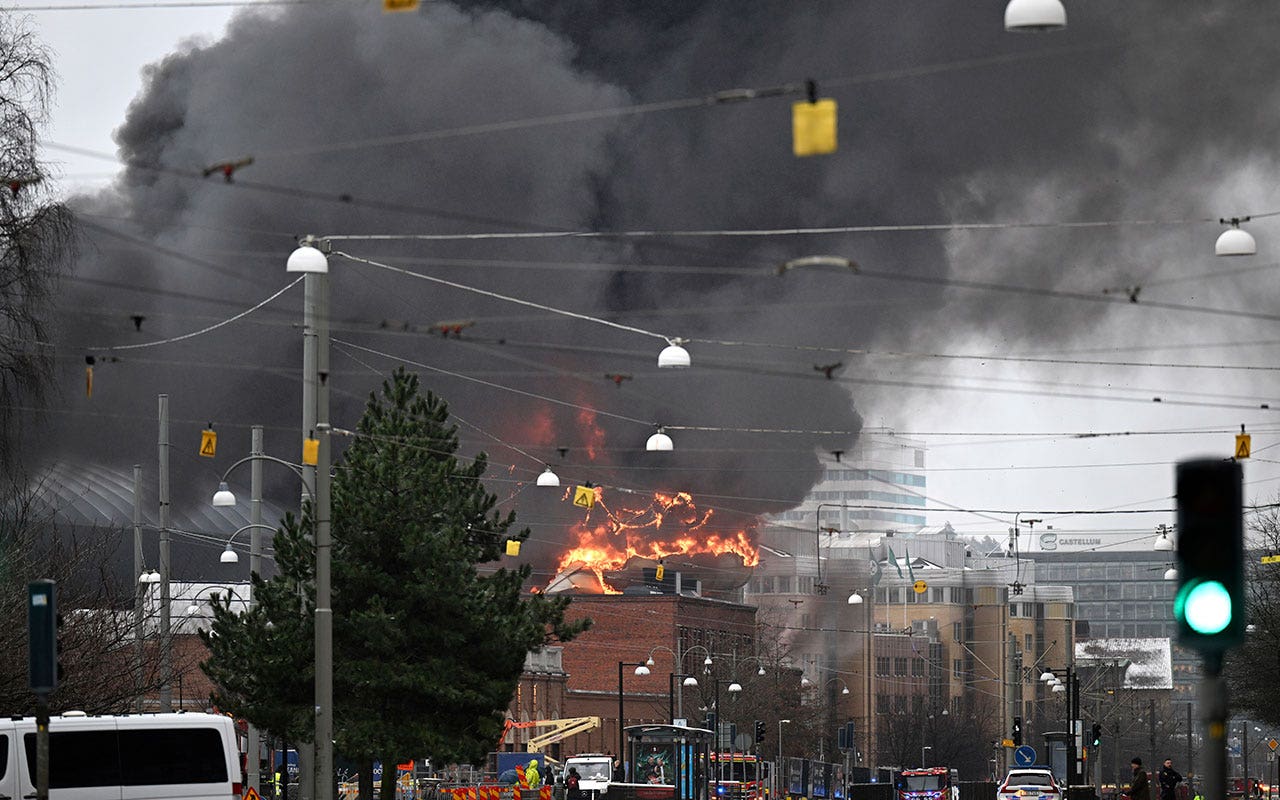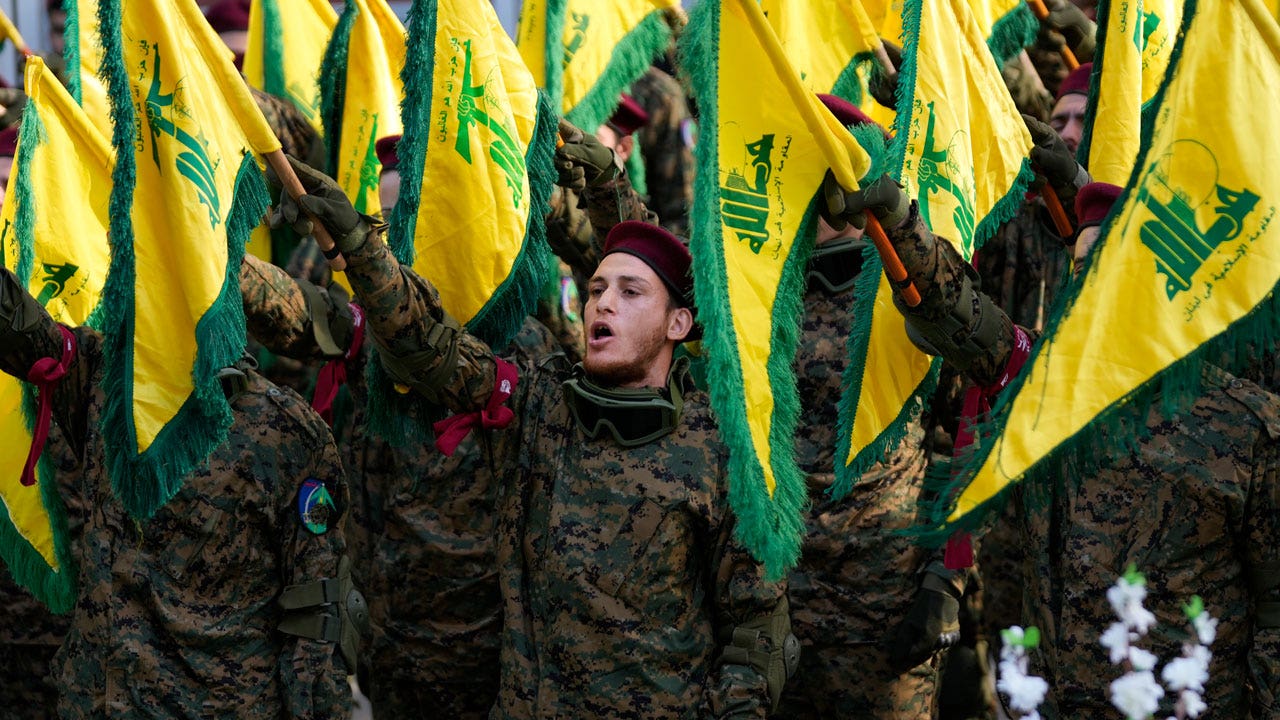Aid groups and international organizations have been sounding the alarm on the catastrophic levels of hunger and near-famine conditions afflicting Gaza’s 2.2 million people five months after Israel launched its war in Gaza. The number of aid convoys entering the territory has remained far below prewar levels and humanitarian organizations say much more aid is needed to meet staggering needs throughout the enclave.
Hopes for an imminent agreement to pause the fighting are dim, with negotiators for Hamas leaving talks in Cairo without a breakthrough on Thursday. The same day, Prime Minister Benjamin Netanyahu vowed to press ahead with Israel’s ground offensive, including pushing into Rafah, in Gaza’s south, where hundreds of thousands of Gazans have sought shelter from bombardment and fighting.
Human rights experts have called for Israel’s leading arms suppliers, the United States and Germany, to halt military aid. Last month, the Senate passed a foreign aid package including $14.1 billion requested by the Biden administration for military aid in support of Israel’s war with Hamas. The same package set aside $10 billion for humanitarian aid for civilians in conflict zones around the world, including Gaza.
Officials said the U.S. plans to get aid to Gazans by sea would entail hundreds or thousands of U.S. troops on ships just offshore and take 30 to 60 days to implement. The extraordinary undertaking is a sign that the Biden administration’s pleas to Israeli leaders to lessen the human suffering in Gaza have been ineffectual. The United States has already carried out airdrops of aid, a step some observers criticized for being expensive, imprecise and insufficient compared with the need.
Mr. Biden also said that Israeli authorities would announce the opening of a third border crossing into northern Gaza, where the shortages of food and assistance have been especially extreme. Two crossings are open on the southern end of the strip, but aid coming through is limited, and humanitarian groups have struggled to navigate the security risks amid a landscape of ruin to get supplies to the north, where hundreds of thousands of people remain.
In his speech, the president, directly addressing Israeli leaders, said, “Humanitarian assistance cannot be a secondary consideration or a bargaining chip.”
Progressive lawmakers and activists sought to use the occasion of the State of the Union to criticize Mr. Biden’s decisions on the war in Gaza. A representative from Missouri invited as her guest to the address a Palestinian graduate student who said she had lost 35 family members. Activists staged a protest outside the White House demanding an end to U.S. military aid to Israel.






